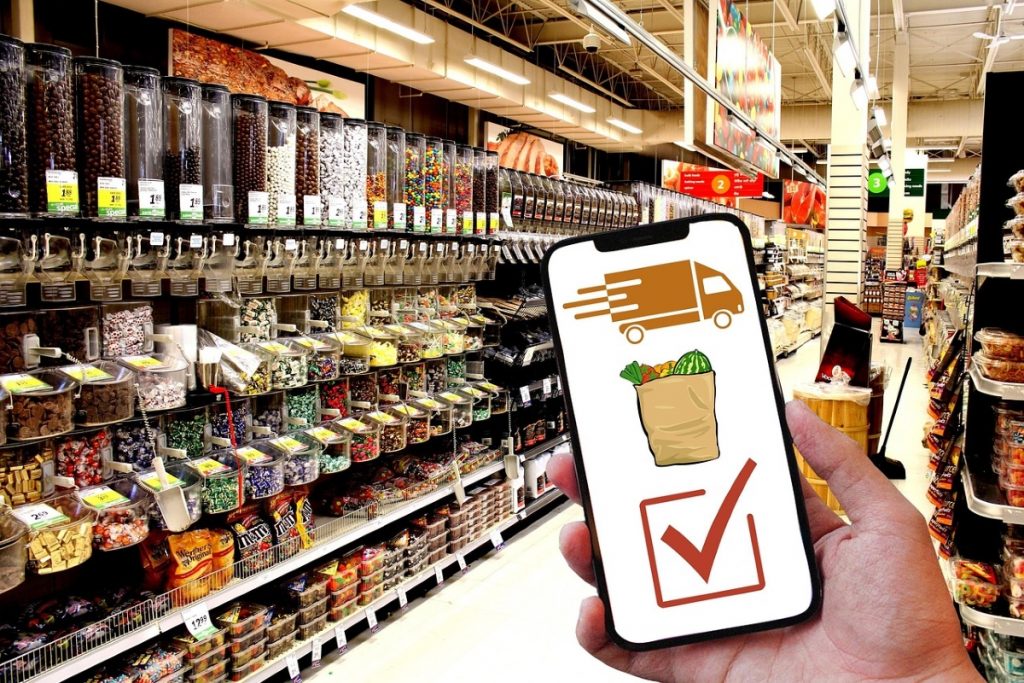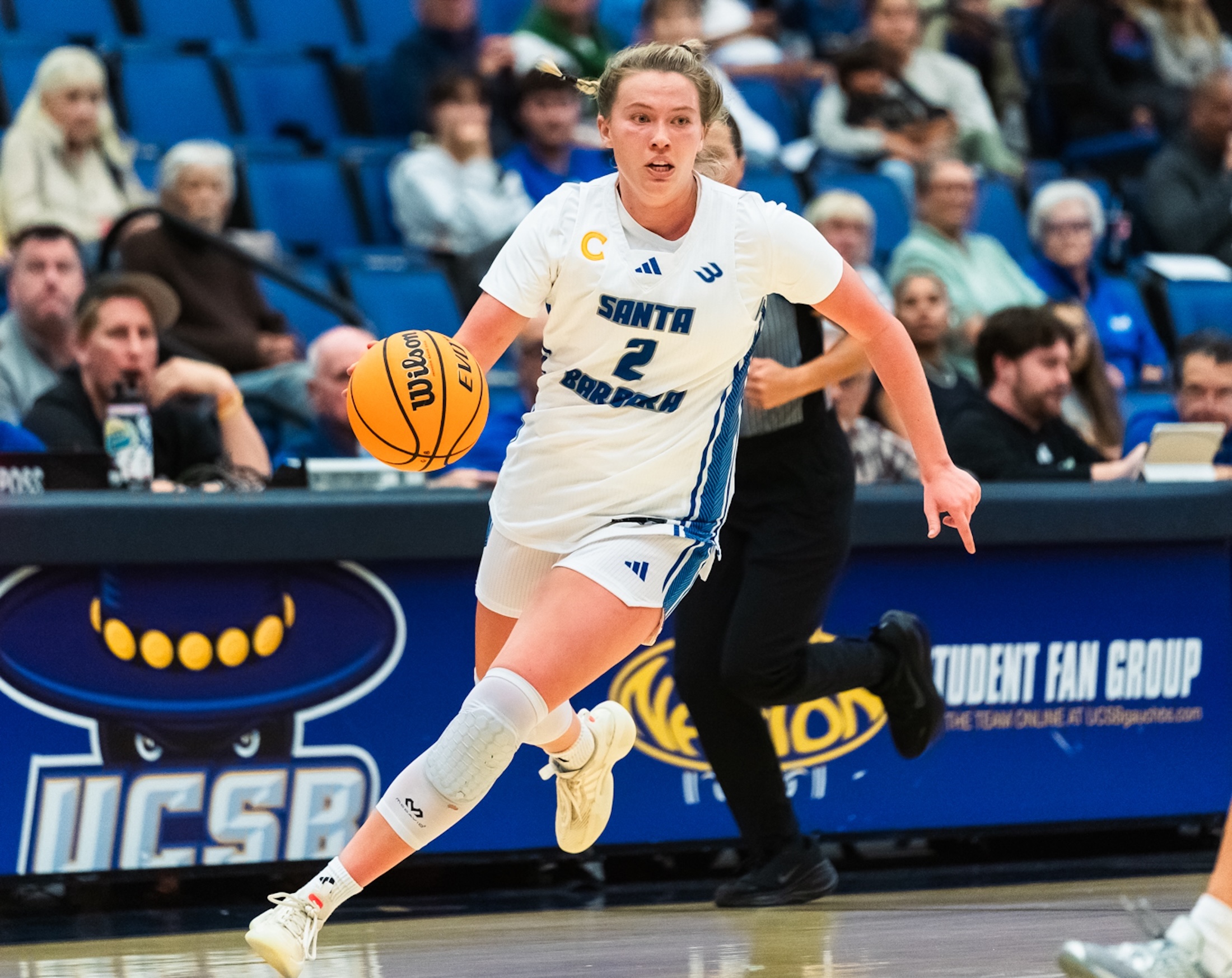
The upcoming holiday season in South Africa is set to test the capabilities of grocery delivery apps, with platforms such as Checkers Sixty60, Woolworths Dash, and Pick n Pay ASAP gearing up for a significant surge in demand. As shoppers increasingly turn to digital solutions for their festive shopping, expectations for convenience and reliability are at an all-time high. This year, customers are not only seeking the best deals but also dependable service that meets the promised delivery times.
Grocery delivery has evolved from a pandemic necessity into an integral part of everyday life for many South Africans. With the festive season approaching, consumers are expressing heightened expectations. One shopper encapsulated this sentiment on social media, stating, “If the delivery app says twenty minutes, I expect twenty minutes. Not vibes and excuses.” This shift in consumer behavior highlights the growing importance of reliability in service alongside competitive pricing.
Logistics Innovations Set to Enhance Service
To meet these rising demands, leading grocery delivery services are investing in advanced logistics solutions. These enhancements include:
– **AI-powered route optimization** to ensure efficient delivery paths for drivers.
– **Micro-fulfillment hubs** strategically located within or near stores to speed up processing times.
– **Hybrid delivery fleets**, incorporating electric bikes where feasible, to reduce environmental impact.
– **Machine learning stock prediction** to minimize instances of out-of-stock items.
– **Real-time communication** features that enable customers to receive updates on estimated arrival times and substitutions.
These innovations are essential in distinguishing customer satisfaction from frustration. Modern consumers want transparency in delivery windows and clear communication regarding any changes to their orders.
Consumer Expectations Shape Competitive Landscape
As the holiday shopping rush approaches, South African consumers have become discerning in their choices. If a grocery app consistently delivers on its promises, customers are likely to remain loyal. Conversely, if a service falters during peak demand, shoppers will readily switch to competitors. The influence of word-of-mouth has transitioned from informal gatherings to digital platforms such as WhatsApp, TikTok, and Twitter, where user experiences are shared widely.
A recent social media user succinctly noted, “Fast delivery is good. Accurate delivery is better. Both is perfect.” This perspective underscores the new battleground for grocery apps, where customer satisfaction hinges on several key factors:
– Transparent pricing structures
– Predictable delivery time slots
– Effective substitution policies
– Real-time order tracking
– Fair refund processes
Failing to meet these expectations can lead to a quick backlash from consumers, emphasizing the need for grocery apps to refine their services.
As retailers prepare for the summer shopping rush, they are scaling up delivery teams, extending operating hours, and enhancing app functionalities. Loyalty programs are expected to integrate more deeply into mobile shopping experiences, while hybrid click-and-collect models will cater to consumers seeking both convenience and control.
Ultimately, customers will reward services that deliver a combination of affordability and reliability. The grocery delivery platforms that successfully navigate this festive period will likely establish long-term consumer loyalty within the South African e-commerce landscape. While attractive promotions capture attention, it is the consistency of reliable delivery that builds trust. In the rapidly evolving digital retail environment of South Africa, trust has emerged as the most valuable currency.






